Dhaka, Oct 09 (V7N) – A recent study by Transparency International Bangladesh (TIB) has revealed alarming levels of corruption in the construction of development projects overseen by the Directorate of Roads and Public Ways. The study estimates that between Tk 29,230 crore and Tk 50,835 crore has been lost to corruption over the last 14 years, representing a corruption rate of 23 to 40 percent in these projects.
The findings were presented at TIB’s office in Dhanmondi on Wednesday morning during the unveiling of the study titled “Challenges of Good Governance in the Implementation of Road and Highway Development Projects.” This research focuses on domestically funded development projects under the Directorate of Roads and Public Ways within the Department of Road Transport and Highways, emphasizing projects valued at Tk 1,000 crore or more.
Key insights from the study highlight various corruption mechanisms, including:
- Bribery in Procurement : A corruption rate of 11 to 14 percent has been identified in obtaining construction work orders and processing contractor bills.
- Collusion Among Stakeholders : The study notes a corruption rate of 10 to 20 percent stemming from collusion among politicians, contractors, and high-ranking officials. This includes practices such as tender license rent, the sale of work orders, and local political extortion, which contributes an additional 2 to 6 percent to overall corruption.
Furthermore, the research indicates that some officials within the Roads and Public Ways Directorate have engaged in bribery, paying Planning Commission employees between Tk 2 lakh and Tk 10 lakh to expedite project proposal approvals and gain access to sensitive information related to project evaluations.
Iftekharuzzaman, the executive director of TIB, emphasized that such irregularities and corruption have resulted in road development projects being executed at excessively high costs. Consequently, the quality and sustainability of constructed roads and bridges have significantly deteriorated, undermining the intended goals of these projects and leading to a substantial waste of national resources.
The report also suggests that the tripartite collaboration among politicians, bureaucrats, and contractors has led to the systematic institutionalization of corruption within the road and highway sector. It points to serious deficiencies in governance, highlighting violations of law and widespread irregularities, including conflicts of interest and political corruption throughout the project formulation and implementation stages.
This comprehensive study sheds light on the pressing need for reforms and stricter oversight to combat corruption and restore integrity within Bangladesh’s road and highway development framework.
END/MSS/AJ



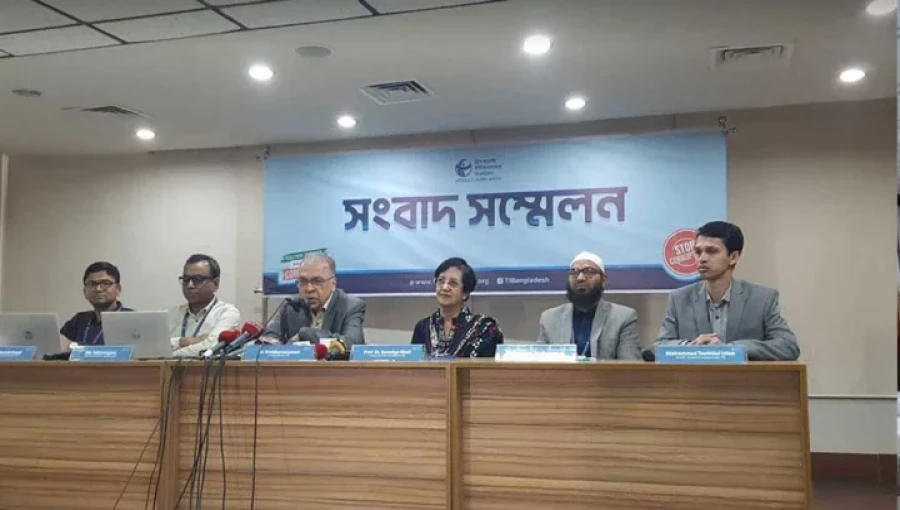

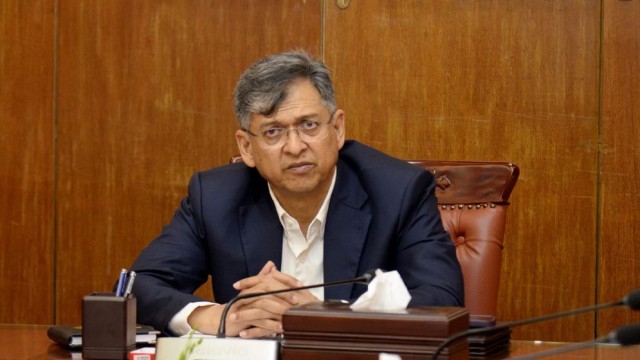
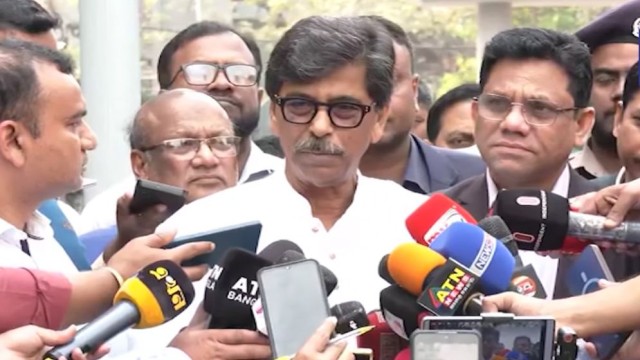


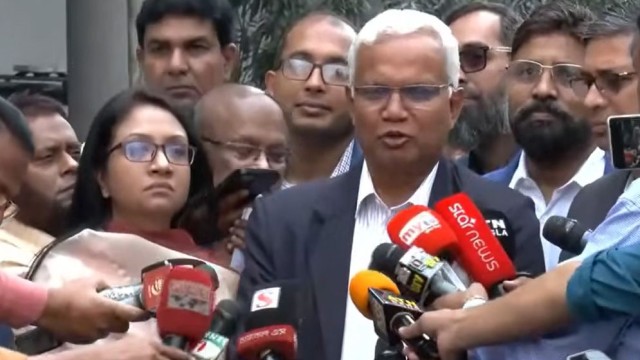
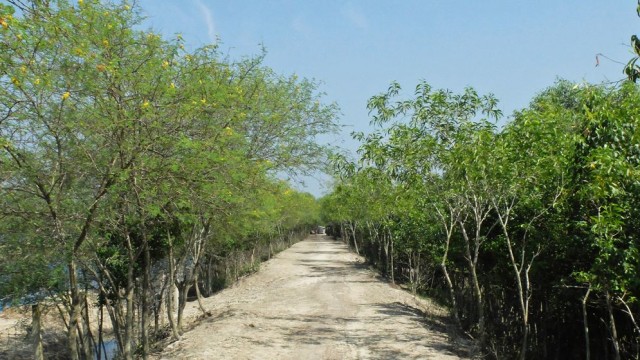
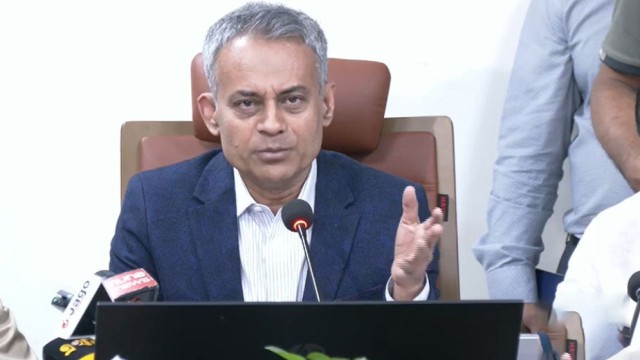
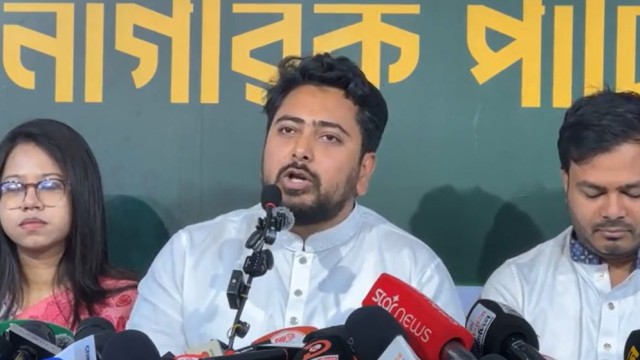
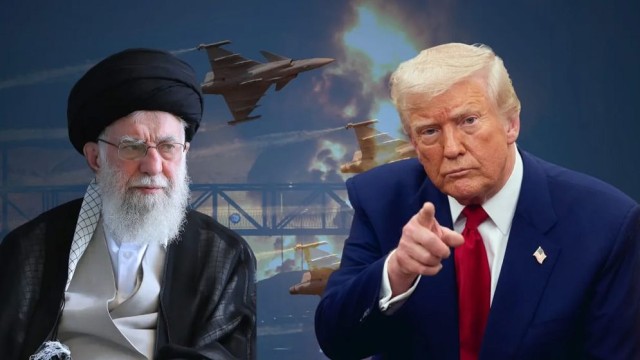











Comment: